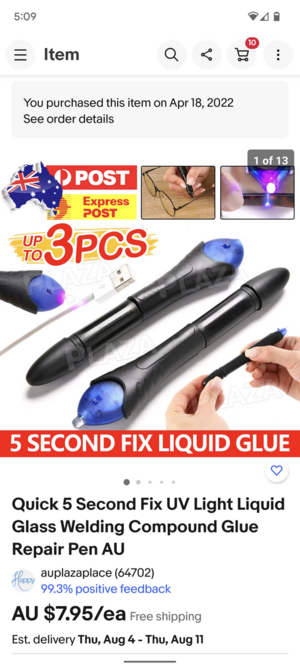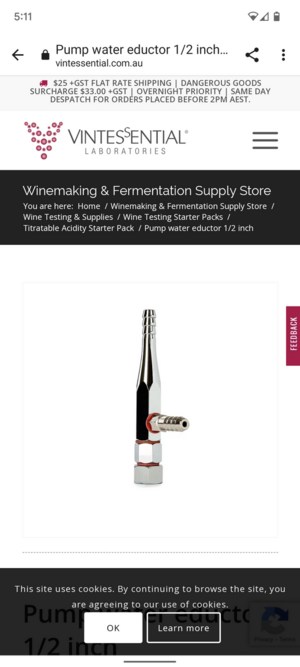- Joined
- Dec 6, 2014
- Messages
- 2,138
Mystery solved! Is this a common treatment, in your experience?
It's not very common but it is accepted as a form of treatment, this is kind of a last ditch attempt to save an Opal with great looking colour but has more cracks and fissures than an active volcano erupting.
As a cutter, if one of my Opals were showing cracks and other issues like that which needed to be filled with resin then it would be past the point of no return for my stock standards. That stone would never see a proper cut and polish.





300x240.png)